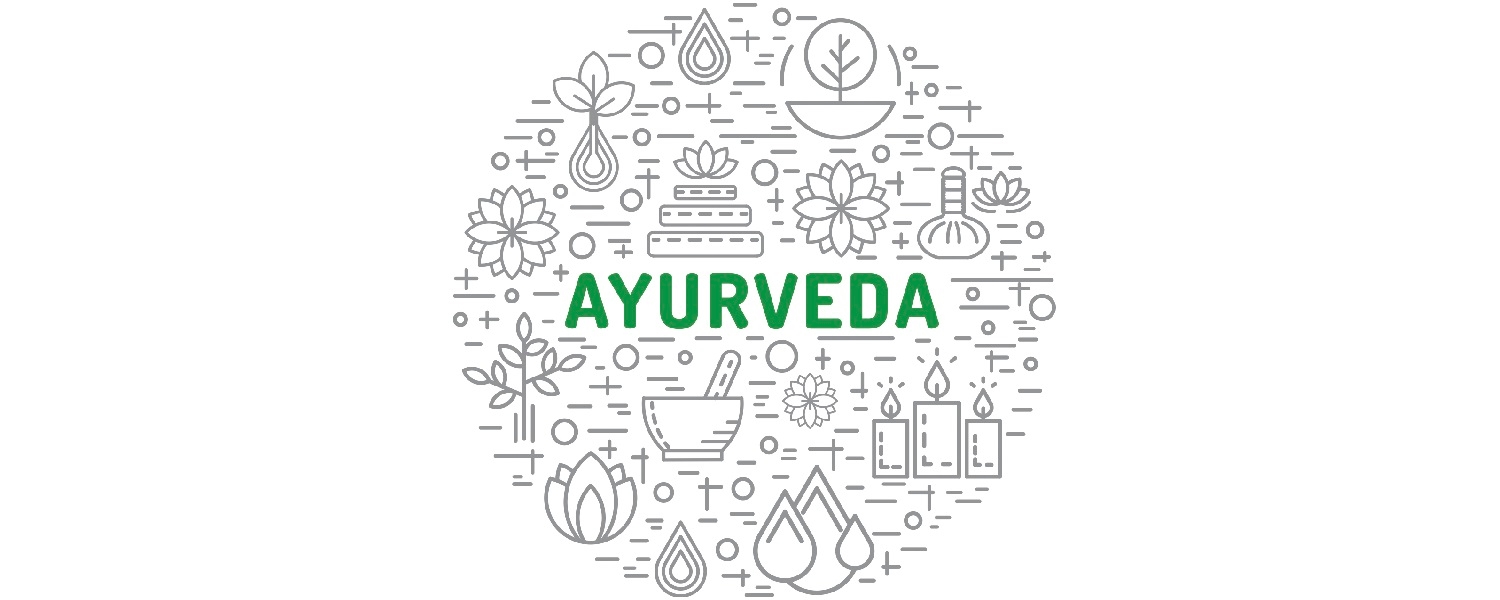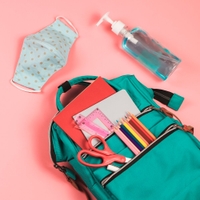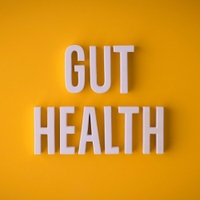
A recent study has shown a traditional Indian Ayurvedic treatment regime accelerated recovery in asymptomatic to mildly symptomatic patients with SARS-CoV-2 infection without any observed adverse effects (1).
This placebo-controlled randomized double-blind pilot clinical trial was conducted during May-June 2020 on 95 patients in the age bracket of 31-55 years in Jaipur, India. Patients included those with 94% or less oxygen saturation, who required assisted breathing.
The Ayurvedic treatment consisted of oral administration of 1g Giloy Ghanvati (Tinospora cordifolia), 2g Swasari Ras (traditional herbo-mineral formulation) and 0.5g each of Ashwagandha (Withania somnifera) and Tulsi Ghanvati (Ocimum sanctum) twice per day for 7 days.
Treatment group patients also received four drops of Anu Taila (traditional nasal drop) daily. Placebo patients received tablets with identical look and feel and a nasal drop of refined palm oil. No other intervention was provided to the patients.
There is currently no proven medical regime for treating SARS-CoV-2. Numerous attempts have been made to repurpose already known drugs to treat COVID-19 infection including hydroxychloroquine and remedesivir. Clinical trials on hydroxy have not shown promising results (5,6). Patients with moderate to severe COVID-19 infections taking Remdesivir have shown mixed results (1).
There is no contemporary scientific evidence supporting the potential role of Ayurveda against COVID-19 (1,7). Previous research has shown Ayurvedic medicines were effective against the 2006 outbreak of Chikungunya epidemic in India (7).
The mortality and morbidity of the COVID-19 disease are caused by inflammation and tissue damage inflicted by the host’s immune system. The cytokine storm resulting from robust immune activation leads to multiorgan dysfunction and death (2). Inflammatory markers including IL-6, TNF-α and hs-CRP are used as predictors for risk stratification of COVID-19 cases (2,[ 3],4). Increased IL-6 markers are associated with elevated hs-CRP levels, increased disease severity and reduced chances of recovery (3). Observational clinical data shows that increased TNF-α level is a predictor of disease severity and chance of survival (2,3).
The primary outcome of this study saw a reduction in the time taken by the patients treated with Ayurvedic medicines in testing negative in RT-PCR analysis, indicating accelerated recovery in the treatment group (1). At day 3, 71.1% patients in the treatment group tested negative for RT-PCR compared to 50% patients exhibiting the same outcome in the placebo group. The treatment group witnessed 100% recovery by day 7, compared to 60% in the placebo group. There was a 40% reduction in the absolute risk of delayed recovery from infection in the treatment group (1).
Secondary outcomes included serum level reductions of hs-CRP, TNF-α and IL-6 suggesting these Ayurvedic medicines can potentially control the inflammatory cascade and promote faster clearance of the virus. Average changes at day 7 in serum levels of hs-CRP, IL-6 and TNF-α in the treatment group were 12.4, 2.5 and 20 times lower respectively compared to placebo (1).
IL-6 was found to be reduced in the treatment group, although the reduction was not statistically significant compared to the placebo group. This is most likely due to small sample size. Further research involving larger sample size is required to clearly establish this trend (1).
hs-CRP was also found to be reduced significantly in the treatment group by day 7. Serum hs-CRP levels rapidly increase within 6 to 8 h of contracting the infection and decrease during the healing phase when the inflammation subsides (8). Thus, comparable hs-CRP levels from day 1 and day 7 sampling in the treatment group indicates healing among the patients in this group. In contrast, the significantly increased hs-CRP level in the placebo group after 7 day suggests sustained inflammation (1).
Anti-TNF-α therapy and TNF-α inhibitors could be correlated with reduction in severity of COVID-19 cases (1,9). In this current study TNF-α exhibited a significant reduction (~20 fold) following Ayurvedic treatment relative to the placebo group. This implies that the tested Ayurvedic treatment regime is capable of moderating one of the important inflammatory markers which is a recognized predictor of disease severity and survival (1).
Given this pilot study was conducted on asymptomatic and mildly symptomatic patients, this trial cannot be generalised to severe patients and patients with co-morbidities. The robustness however of the observations obtained were verified through rigorous statistical analysis to make up for the small sample size (1).
This study has the potential to pave the path for utilising Ayurvedic regimes for developing strategies for the treatment of asymptomatic patients against the pandemic.






